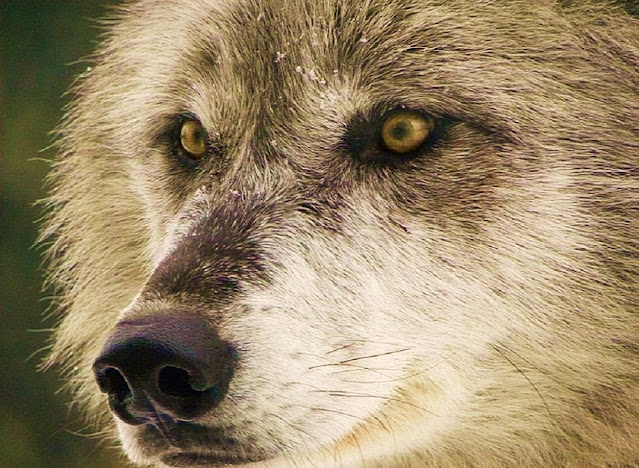.
But perhaps God needs the longing, wherever else shall it dwell,
Which with kisses and tears and sighs fills mysterious spaces of air -
And perhaps is invisible soil from which roots of stars grow and swell -
And the radiant voice across fields of parting which calls to reunion there?
O my beloved, perhaps in the sky of longing worlds have been born of our love -
Just as our breathing, in and out, builds a cradle for life and death?
We are grains of sand, dark with farewell, lost in births' secret treasure trove,
Around us already perhaps future moons, suns, and stars blaze in a fiery wreath.
—Nelly Sachs
Ruth and Matthew Mead version
A Book of Women Poets from Antiquity to Now
.
























